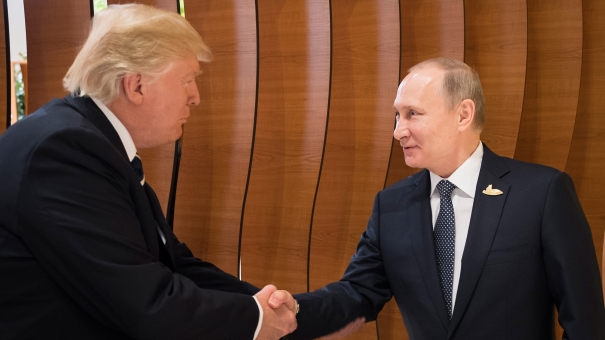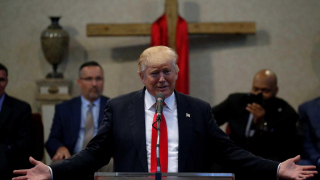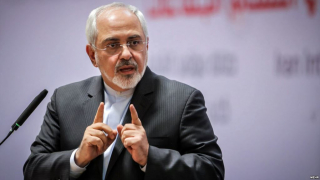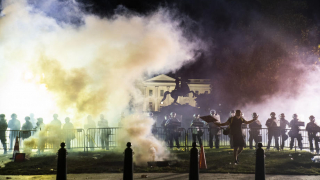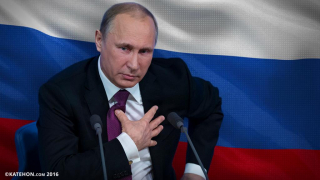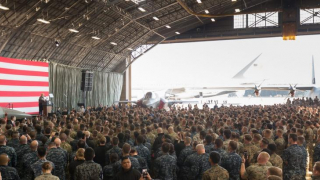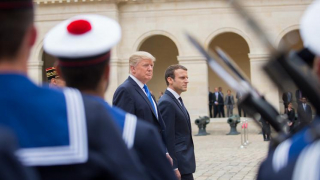See also
12.11.2024
Donald Trump’s election victory on 5 November 2024 has set many tongues a-wagging, including many belonging to Christians. There are those who are...
14.06.2017
President Trump has given Defense Secretary Jim Mattis the authority to determine troop levels in Afghanistan, three administration officials said...
08.04.2017
US President Donald Trump has attacked Syria. What is Washington up to?
07.05.2018
The situation in the Middle East is about to reach a new level of watch due to the approaching of the May 12 deadline when, if no different factors...
01.08.2016
After the visit of Russian President Vladimir Putin, there will be work to intensify these positions on several fronts
08.12.2017
Lesson 1: You can’t put your“capital” on someone else’s territory.
30.09.2020
In August, a curious document emerged in the US entitled “Preventing a Disrupted Presidential Election and Transition“. It was prepared by a group...
06.07.2016
Vladimir Putin signed a law that bans the production of genetically modified organisms (GMOs) and products in Russia. The law also bans the imports...
09.01.2017
Wall Street Journal’s editor neocon hawk and warmonger Bret Stephens just wrote an article that was intended to be like a “sum” of all evils of Putin...
25.12.2017
On Monday 18 December 2017, the new national security strategy of the US was officially presented. Less than three years have passed since the...
12.02.2018
Donald Trump is planning to hold a military parade on Independence Day. The corresponding order has been sent to the Pentagon. The ceremonial event...

